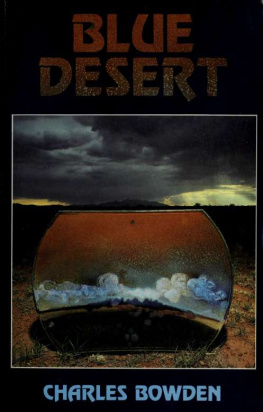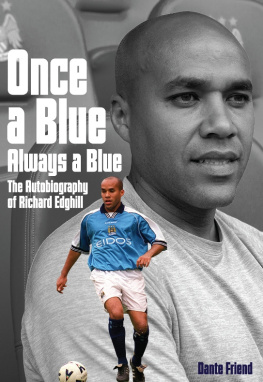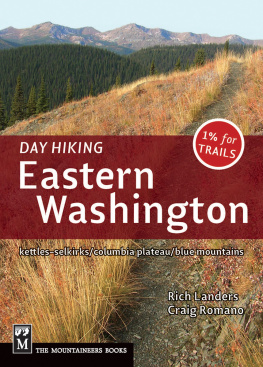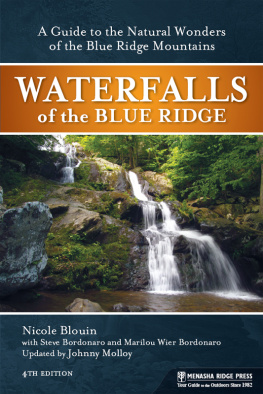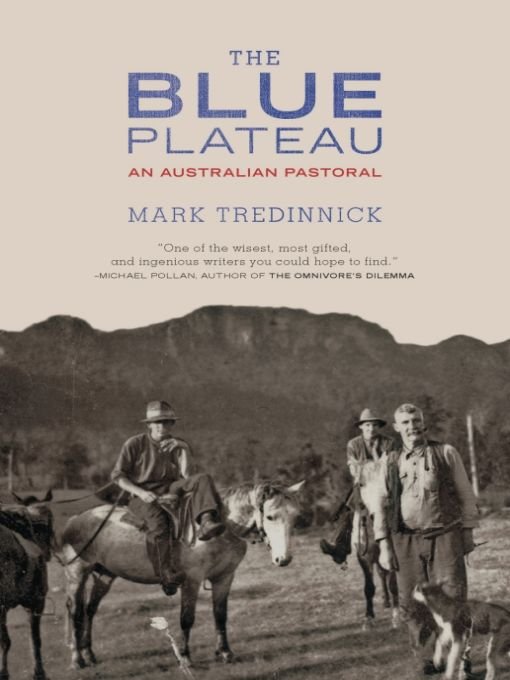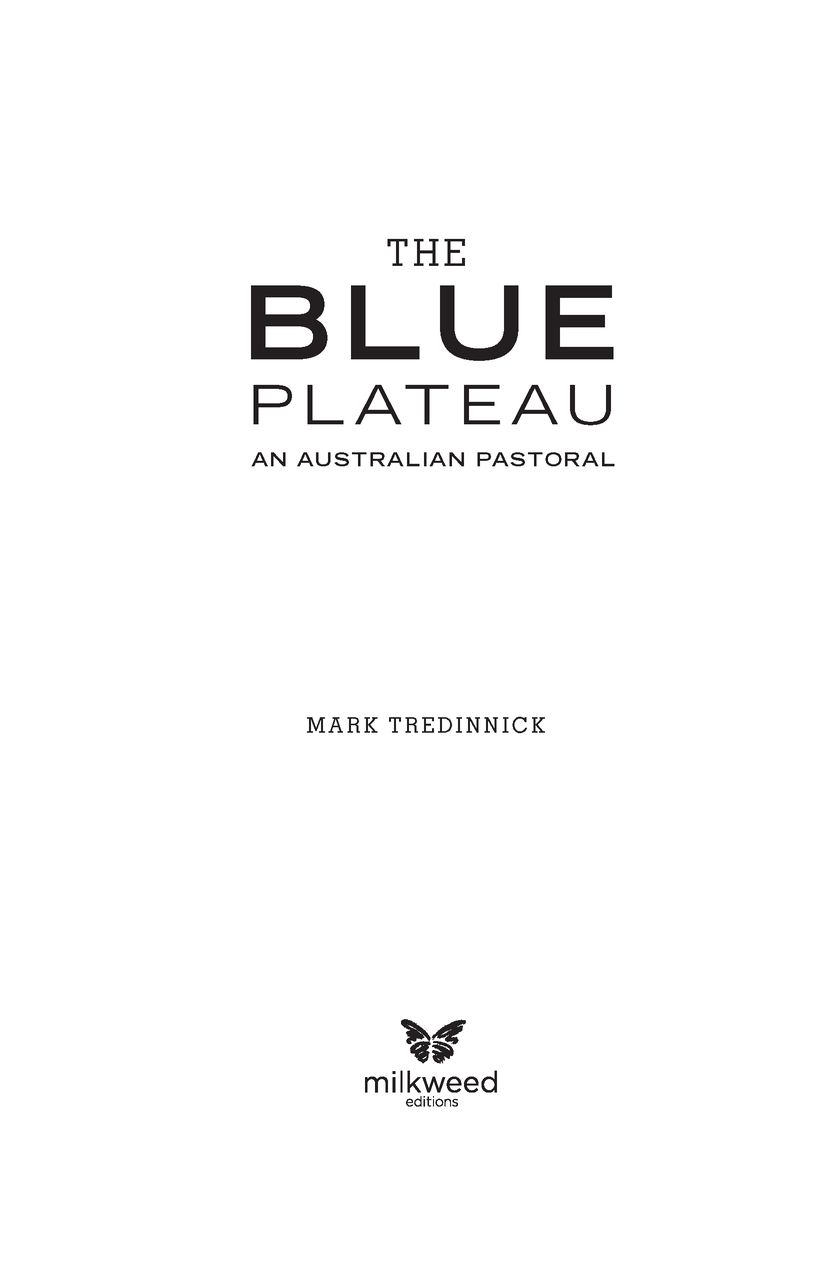Mark Tredinnick - The Blue Plateau: An Australian Pastoral
Here you can read online Mark Tredinnick - The Blue Plateau: An Australian Pastoral full text of the book (entire story) in english for free. Download pdf and epub, get meaning, cover and reviews about this ebook. year: 2011, publisher: Milkweed Editions, genre: Detective and thriller. Description of the work, (preface) as well as reviews are available. Best literature library LitArk.com created for fans of good reading and offers a wide selection of genres:
Romance novel
Science fiction
Adventure
Detective
Science
History
Home and family
Prose
Art
Politics
Computer
Non-fiction
Religion
Business
Children
Humor
Choose a favorite category and find really read worthwhile books. Enjoy immersion in the world of imagination, feel the emotions of the characters or learn something new for yourself, make an fascinating discovery.

- Book:The Blue Plateau: An Australian Pastoral
- Author:
- Publisher:Milkweed Editions
- Genre:
- Year:2011
- Rating:4 / 5
- Favourites:Add to favourites
- Your mark:
The Blue Plateau: An Australian Pastoral: summary, description and annotation
We offer to read an annotation, description, summary or preface (depends on what the author of the book "The Blue Plateau: An Australian Pastoral" wrote himself). If you haven't found the necessary information about the book — write in the comments, we will try to find it.
At the farthest extent of Australias Blue Mountains, on the threshold of the countrys arid interior, the Blue Plateau reveals the vagaries of a hanging climate: the droughts last longer, the seasons change less, and the wildfires burn hotter and more often. In The Blue Plateau, Mark Tredinnick tries to learn what it means to fall in love with a home that is falling away.
A landscape memoir in the richest sense, Tredinnicks story reveals as much about this contrary collection of canyons and ancient rivers, cow paddocks and wild eucalyptus forests as it does about the myriad generations who struggled to remain in the valley they loved. It captures the essence of a wilderness beyond subjugation, the spirit of a people just barely beyond defeat. Charting a lithology of indigenous presence, faltering settlers, failing ranches, floods, tragedy, and joy that the place constantly warps and erodes, The Blue Plateau reminds us that, though we may change the landscape around us, it works at us inexorably, with wind and water, heat and cold, altering who and what we are.
The result is an intimate and illuminating portrayal of tenacity, love, grief, and belonging. In the tradition of James Galvin, William Least Heat-Moon, and Annie Dillard, Tredinnick plumbs the depths of peoples relationship to a world in transition.
Praise for The Blue Plateau
One of the wisest, most gifted and ingenious writers you could hope to find. Michael Pollan, author of In Defense of Food and The Omnivores Dilemma
Ive never been to Australia, but nowafter this bookit comes up in my dreams. The landscape in the language of this work is alive and conscious, and Tredinnick channels it in prose both wild and inspired. . . . Part nonfiction novel, part classic pastoral, part nature elegy, part natural history, the whole of The Blue Plateau conveys a deep sense, rooted in the very syntax of a lush prose about an austere land, that there can be no meaningful division between nature and culture, between humans and all the other life that interdepends with us, not in the backcountry of southeastern Australia, nor anywhere else. Orion
Absorbed slowly, as a pastoral landscape of loss and experiment in seeing and listening, the book richly rewards that patience. Publishers Weekly
Mark Tredinnick: author's other books
Who wrote The Blue Plateau: An Australian Pastoral? Find out the surname, the name of the author of the book and a list of all author's works by series.

